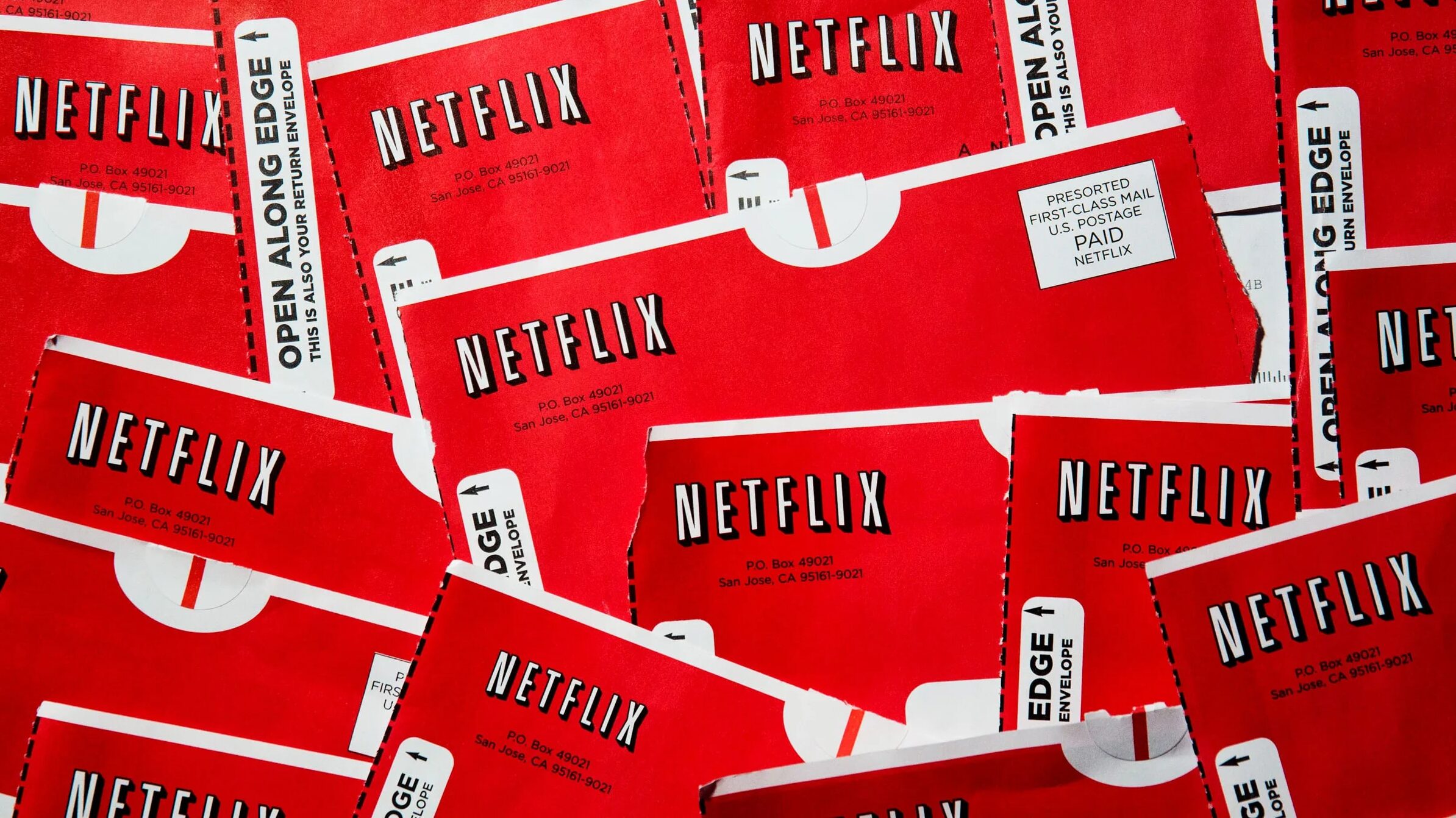
I just received an email from Netflix announcing that, after 25 years, it will stop shipping DVDs by mail on September 29th.
I was fortunate to build an early relationship with Netflix and promote them on my radio show for many years. In return, the company gave me access to both its streaming and DVD services, and I have used the latter as a valuable resource to supplement content that hasn’t been available on the former — particularly older titles and foreign shows.
There’s a popular mindset that any movie or TV show you want to watch is available via Netflix or its competitors, but that’s far from true. Not only do some titles never stream, those that do remain available only as long as the platform deems it valuable enough to continue paying rights fees. While Netflix and the others add more content each month, they also delete a lot. So, you might be watching a series that aired ten years ago, but before you get to the end, it disappears — and unless another service picks it up, you’re out of luck.
There are fewer than two million subscribers to Netflix’s DVD service, and that number is only going down. For many of those who live in places without good broadband internet connections, this will make a major impact on their access to a lot of entertainment. But servicing those customers is expensive. Not only does Netflix have to buy the physical DVDs from distributors, it has to use warehouse space all over the country to store them, and then pay the postal service to ship them. I don’t know whether stuffing and labeling the discs is still done by humans or robots, but either way, that’s an additional expense. On the other hand, a streaming service has no physical obstacles to overcome other than building giant server farms that can deliver content instantly from the cloud.
The idea for the DVD-by-mail service, which still allows customers to keep discs as long as they like, came from CEO Reed Hastings having to pay an exorbitant overdue fine to Blockbuster because he didn’t return a copy of “Apollo 13” on time. Talk about getting revenge. Not only did his company disrupt the business, it was at one point so successful he offered to sell the whole thing to Blockbuster for $50 million. Too bad they turned it down, because a few years later Blockbuster went belly up, while the value of Netflix soared. Today, it’s worth $148 billion.
By the way, if you’re ever at a trivia night and someone asks what was the first DVD Netflix ever shipped to a customer, the answer is “Beetlejuice.” Ironically, that movie is not available to stream on Netflix — you’ll have to get it from Max.
But you can still find it on DVD.
Lastly: a suggestion for the higher-ups at Netlix. Now that you have tens of thousands of DVDs just sitting around, how about donating them to public libraries around the country? They remain a very good source for hard content and can fill the gap left by your abandoning the format.
